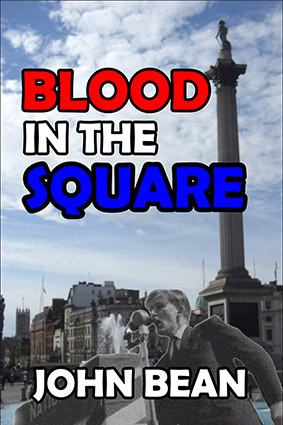The Turning Point?
Translated from the French by Tom Sunic
Centuries never immediately acquire a character that can reward them with a right spot in history. Thus the 20th century did not really start until 1914. Will the 21st century be labeled as “the 2015 century”? Without wishing to predict the future, which remains by definition unpredictable, we can try to look at today’s events, which in turn, can help us sketch the general framework of the future. One thing remains certain though: never has the world been so uncertain, never have we witnessed such across -the -board upheavals. In each domain decks of cards are being shuffled and reshuffled. With the old issues disappearing, new ones keep popping up on the horizon. Which are these main driving forces?
The background scene is pretty well known by all. Among the major problems emerging in the coming decades, four, at least, will prove to be crucial: the inevitable depletion of natural resources; the future of international migrations and inter-ethnic relations; the rise of new types of warfare (war for oil and war for water, space warfare, and cyber warfare), including the planned merging of electronics and living beings. What about the rest of the things? Read more





